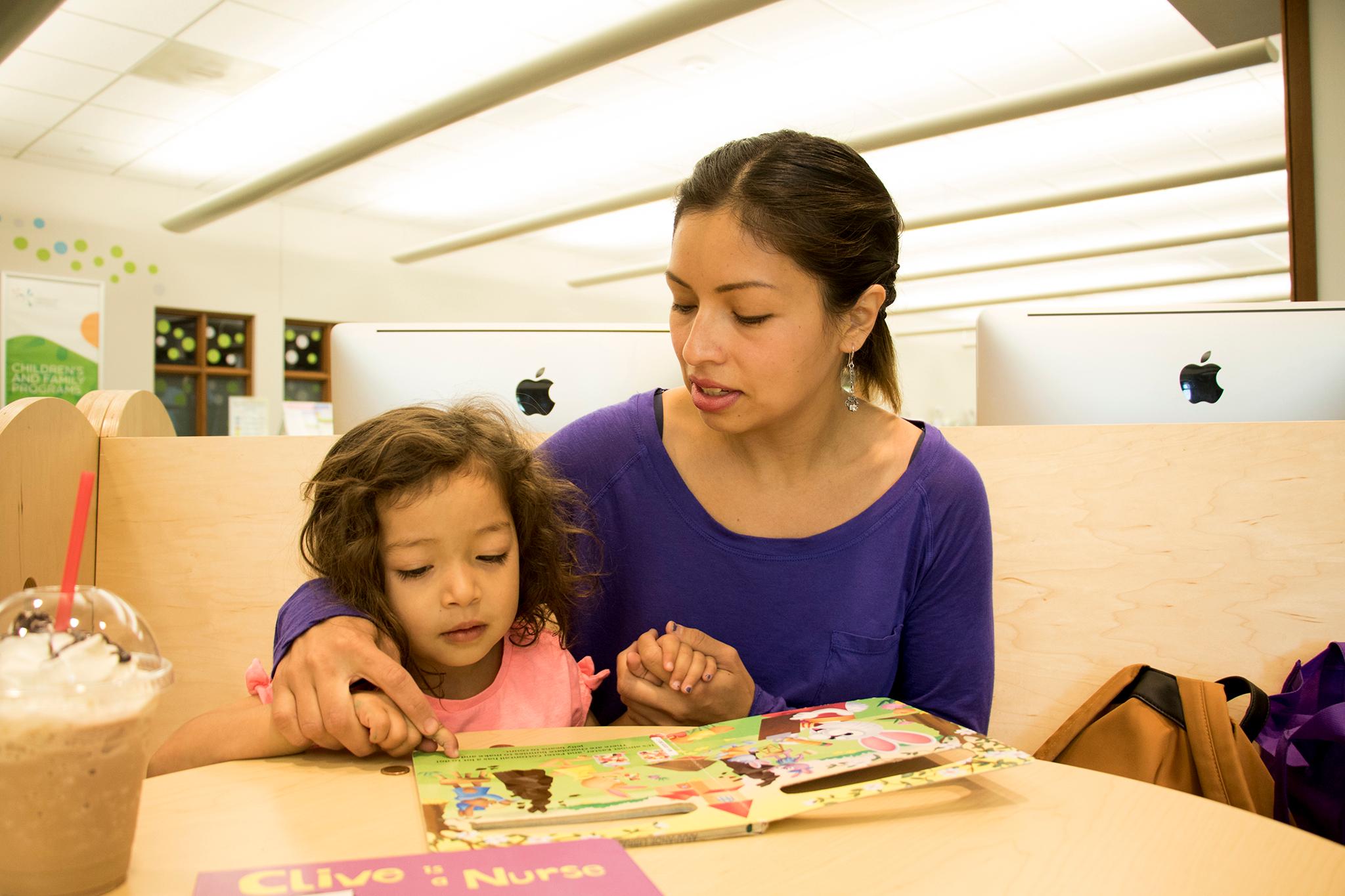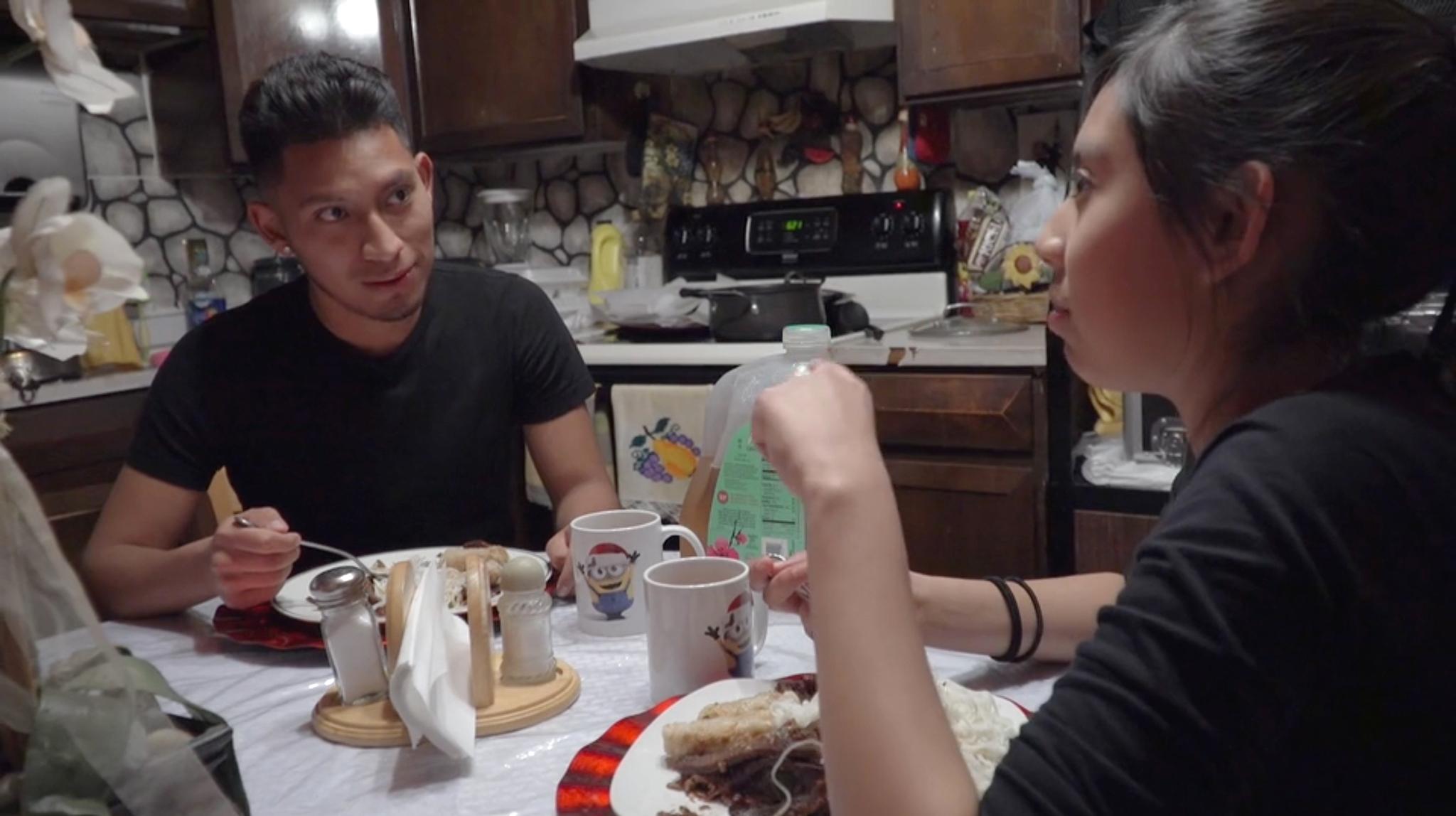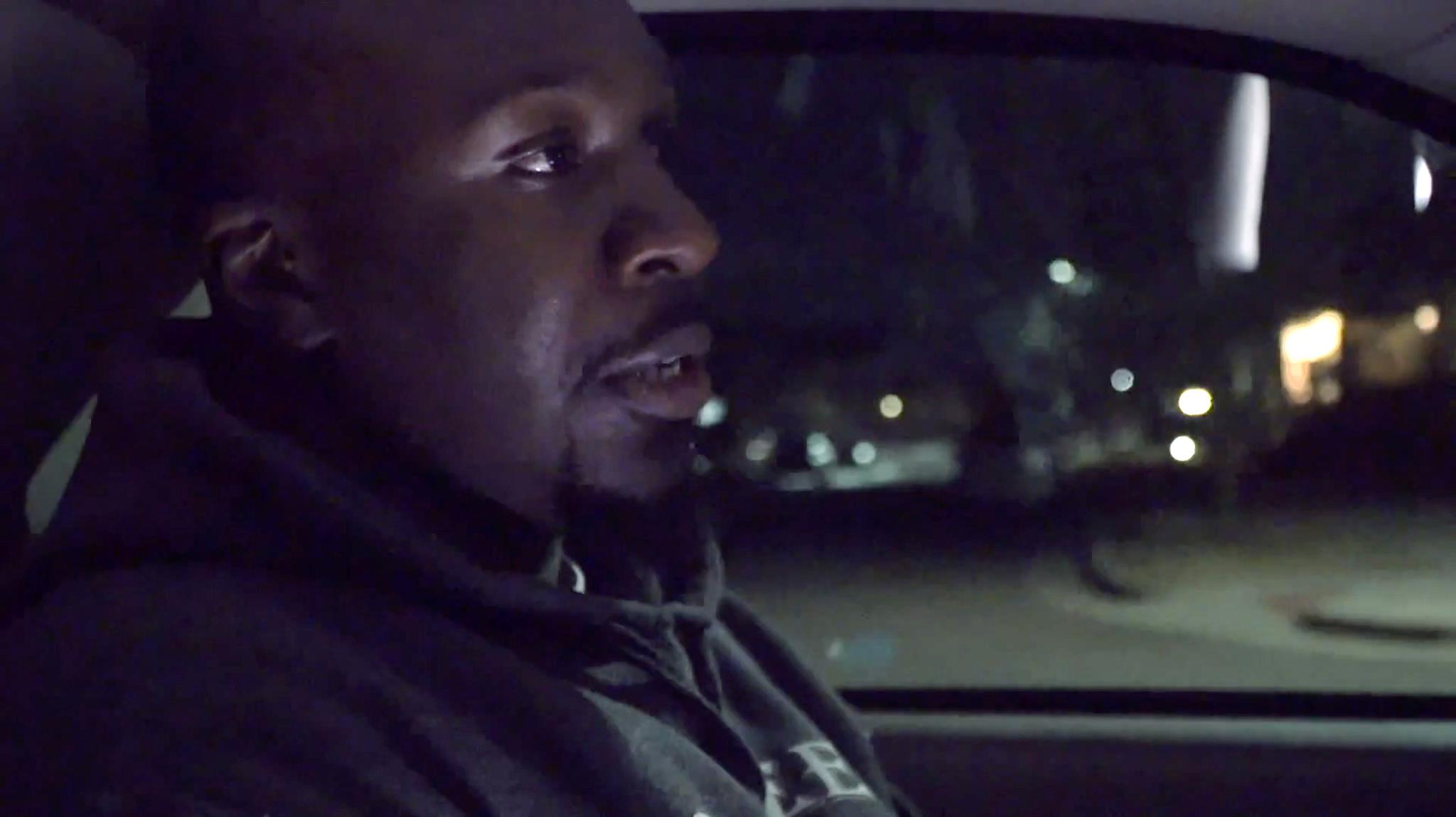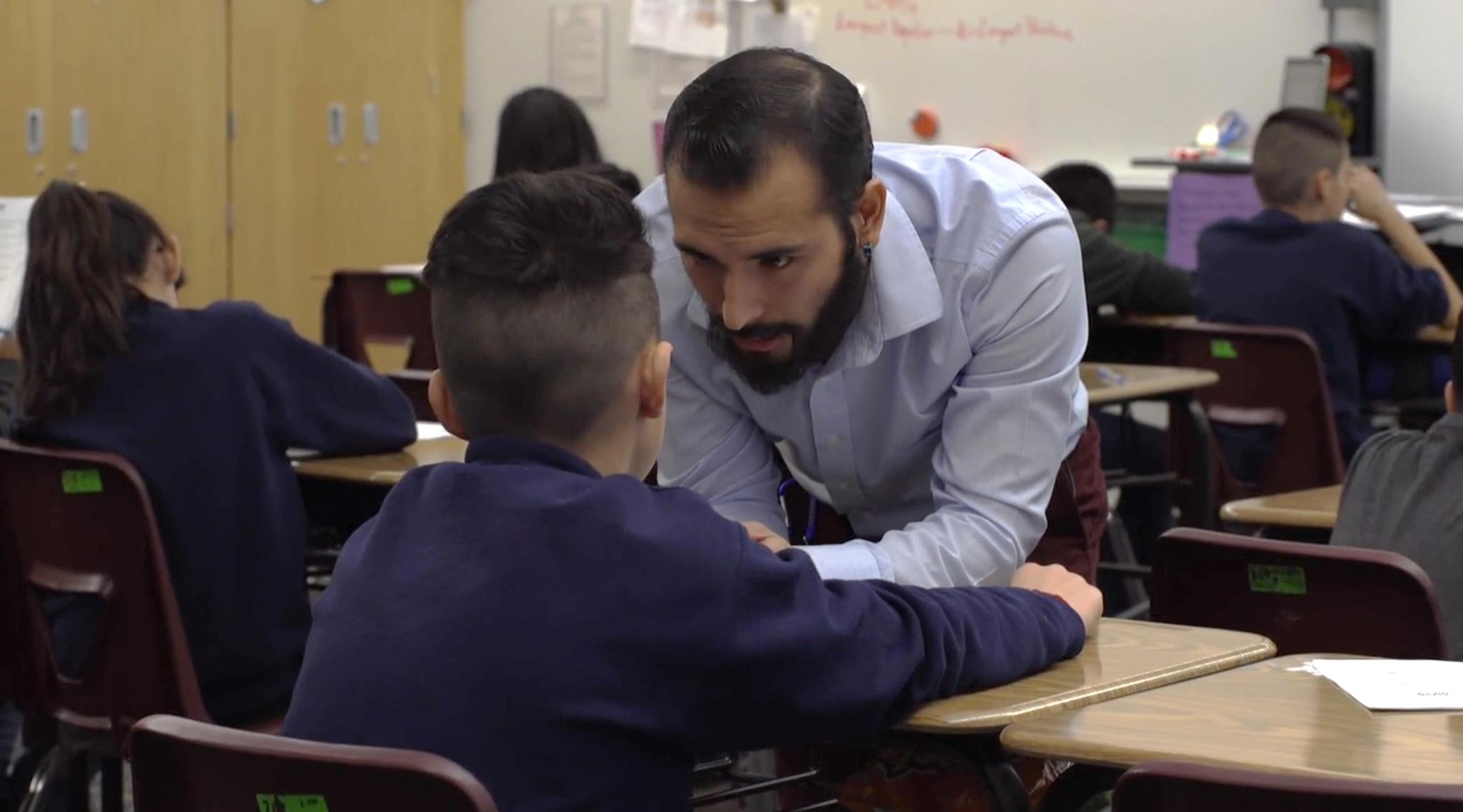Laura Peniche was just 13 when she crossed through the desert and over the southern U.S. border with her father and two brothers seeking better fortunes. In Mexico, she said, her family's economic situation was dire; this fueled their desire to leave and also meant getting a visa would be impossible.
By 2001, her father was working to support his three kids, had lined up a lawyer and was close to filing paperwork to legitimize their status. But then, out of nowhere, the Sept. 11 terrorist attacks in New York changed everything.
"We got a call from the lawyer saying, 'I can’t work with you anymore," she told Denverite. "We’ve been in limbo ever since."
While Peniche has been able to work and live in the U.S. under Deferred Action for Childhood Arrivals, known as DACA, her shot at legal residency has become an even harder proposition since the Trump administration announced the program's end last September.
Peniche, a graduate of the Colorado Film School (CFC) in Denver, said she'd never been particularly politically active or interested in speaking about her status in a public forum. But, when DACA was rescinded, she felt compelled to act. She called Dick Alweis, her former professor of documentary film, and said they had to do something.
After months of quick work on a shoestring budget, their film, "Dreamers," is ready for audiences. They're screening this Saturday at the Alamo Drafthouse Cinema on West Colfax Avenue, and expect a wider release through Rocky Mountain PBS later this month.

For Peniche and Alweis, this is a chance to show that Dreamers are Americans, too.
The film features five DACA recipients from the Denver area who represent a range of home countries and experiences. While they each came to the U.S. under different circumstances, they each share a common struggle in trying to feed themselves, secure an education and thrive, all while keeping a low profile to avoiding any dust-ups with federal immigration authorities.
Alweis, who's worked as a filmmaker "since God was a baby" and taught at CFC for ten years, said he hopes audiences have an opportunity to appreciate the humanity of the struggles each character faces.
"What I want them to see is who Dreamers are. They’re people in their mid-20s who have worked their asses off," he said, "They should be citizens. They are citizens in almost every real way."

This idea, that people in limbo under DACA have long been a part of American society, might not be understood across the country because of a pure lack of exposure, Peniche said. It's a problem of miscommunication and awareness. The opportunity to get the word out through distribution on TV is a chance to reach new audiences and change that.
"There’s a lot of stigma, and people really believe they’re in danger when there are undocumented immigrants in the community," she said. Her goal is "to change minds, to change hearts, because I think there’s a huge gap of misinformation that is keeping us divided."
And, while it remains to be seen if "Dreamers" will have any impact on viewers after its release, it also accomplishes another major goal for Peniche: it's a record of these struggles, no matter what happens next.
"I really saw the need to document the stories that we’re living," she said, "and make it part of American history, because I feel like immigrants aren’t seen as part of American history."

There's power in collaboration.
Alweis will be at the Alamo on Saturday to introduce the film and some of its characters afterward, but he said his presence there as a white filmmaker is "unimportant and really a distraction."
Peniche said it was important for the characters in "Dreamers" to speak for themselves, but it's also important to her that the project has a range of perspectives behind it. That includes people like Alweis.
"I appreciate that a lot of Americans have let us be the leaders in this movement," she said, "but I appreciate when Americans make their voices heard."

Peniche said she thinks a project that she might have done on her own wouldn't have as great an impact. And, on the other side, a film made solely by someone who hasn't lived these struggles would also fall flat.
"Working together is the key," she said, "that’s the attitude we all need to have now."
And it's especially pertinent for this screening, she said, being so close to the Fourth of July.
This time last year, after President Trump was elected and had made extremely public attacks on immigrants (and Mexicans in particular), Peniche said she was stuck in a deep depression. She didn't leave her house on Independence Day.
This year, empowered by her work with Alweis and their five subjects, she said she's excited to do something.
"This is the time to reevaluate all the things that have happened...and reshape what our vision for this country is," she said. "It’s not the time to be scared. It’s the time to come together and have a conversation."
"Dreamers" is about a half-hour long, timed for a public broadcasting time slot, and will play Alamo Drafthouse Cinema - Sloan's Lake at 11 a.m. on Saturday, July 7th.













